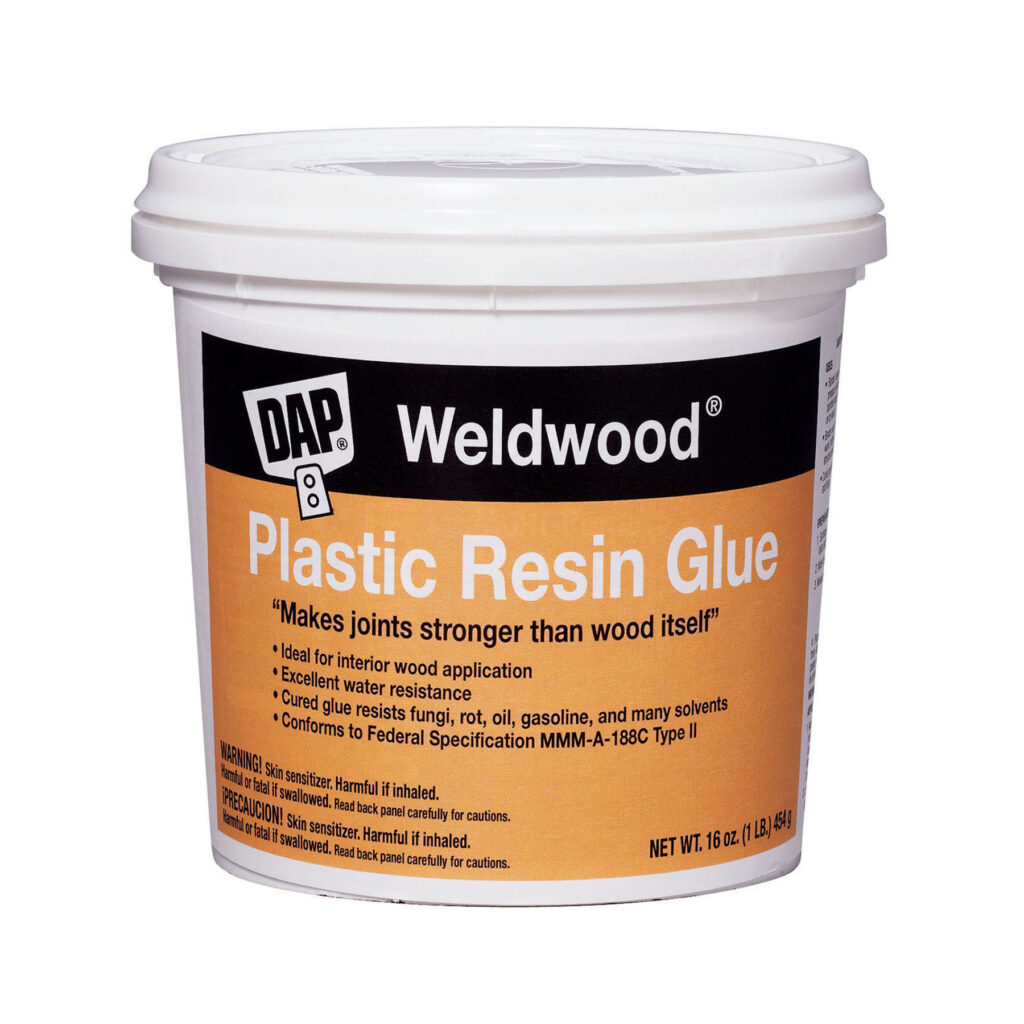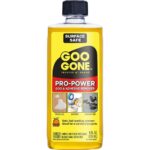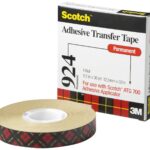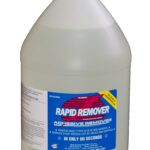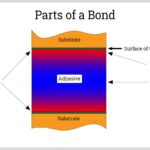Resin glue is a type of adhesive made from a resin. Resin glues are strong and durable, making them ideal for use on surfaces that will be subjected to a lot of wear and tear. Resin glues can be used on a variety of materials, including wood, metal, and plastic. Unlike other adhesives, resin glue is not affected by heat or cold, making it ideal for use in a wide range of environments.
How to apply epoxy adhesive
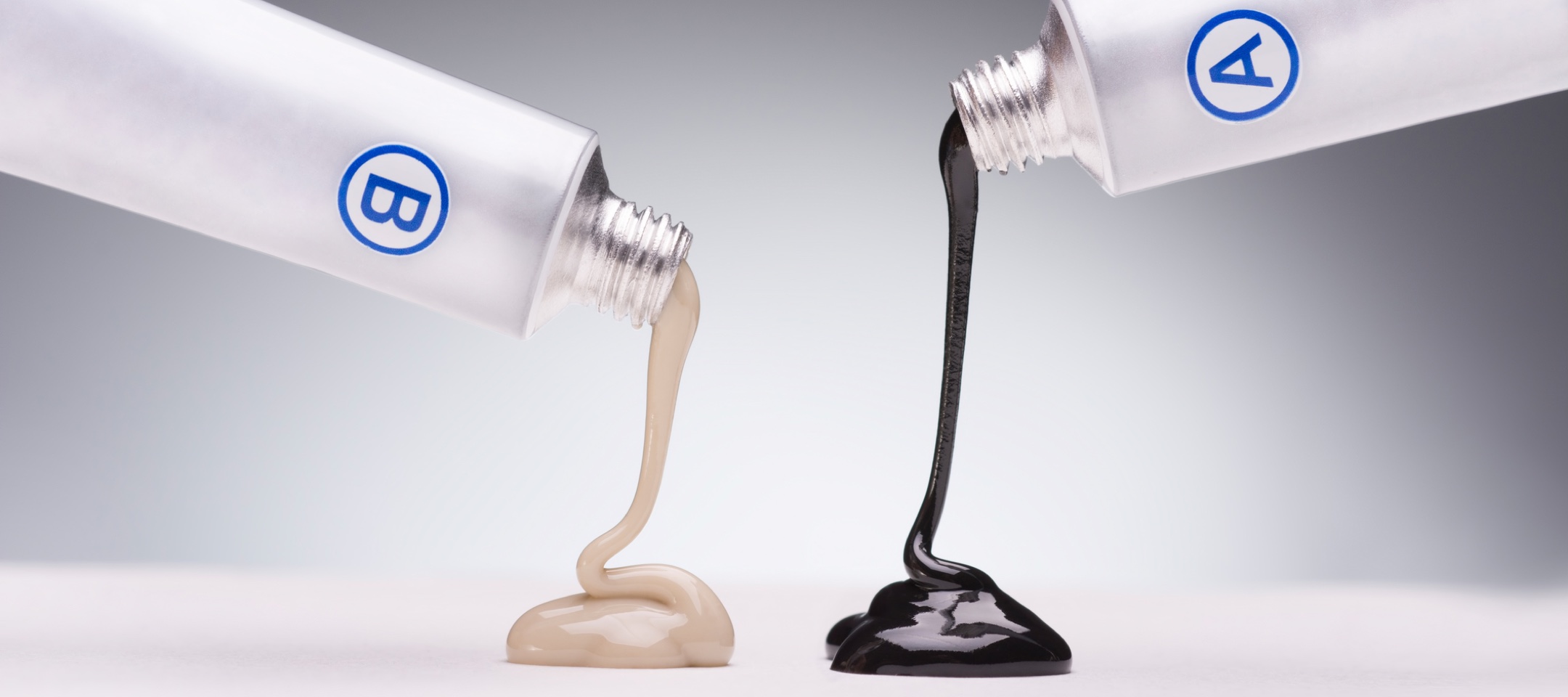
Epoxy adhesive is very strong and resistant to heat and chemicals, making it ideal for use in many different industries. To apply epoxy adhesive, first, the surfaces to be bonded must be clean and free of any grease or dirt. Once the surfaces are clean, the adhesive can be mixed and applied to one of the surfaces. The two surfaces should then be brought together and held in place until the adhesive sets. Epoxy adhesive sets quickly, so it is important to make sure that the surfaces are aligned correctly before it sets.
What is the best way to apply epoxy?
There are many ways to apply epoxy, but the best way is to use a brush or roller to apply an even layer to the surface. You can also use a sprayer to apply epoxy, but it is important to make sure that the surface is evenly coated. If you are using a brush or roller, you will need to apply pressure to the surface to make sure that the epoxy is evenly distributed. Once the epoxy is applied, you will need to wait for it to cure before you can use the surface.
What will epoxy not stick to?
There are some materials that it will not stick to. This includes materials like polyethylene and polypropylene. In addition, epoxy resin glue will not stick to Teflon or other materials that have a non-stick surface.
Is applying epoxy difficult?
Applying epoxy resin can be tricky. If you don’t mix it properly, it won’t set correctly. And if you don’t apply it evenly, it can create a mess. But once you get the hang of it, it’s actually pretty easy. Just be sure to follow the instructions and you’ll be fine.
What is epoxy adhesive
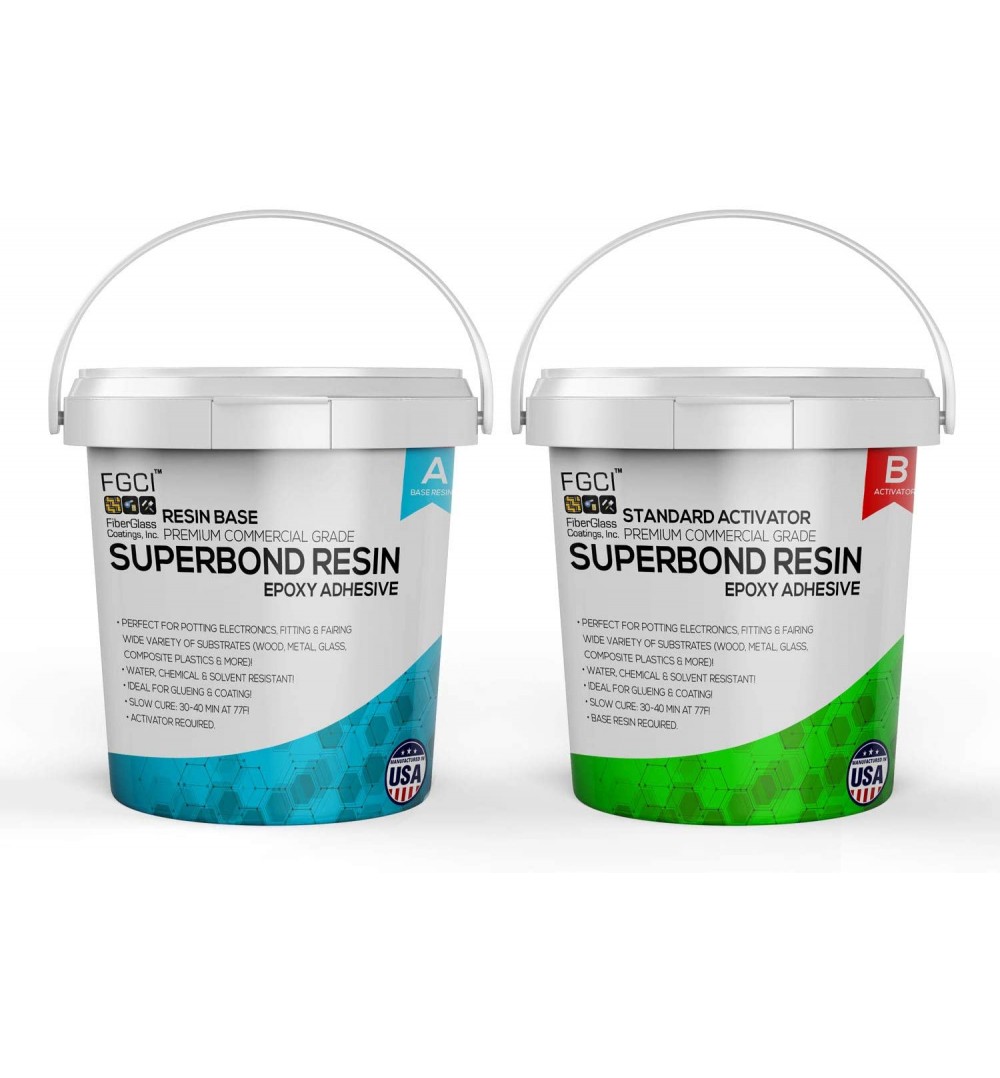
When these components are mixed, they create a chemical reaction that causes the mixture to harden into a strong, durable bond. Epoxy adhesives are commonly used to bond metal, glass, and plastic together.
What is epoxy adhesive used for?
Epoxy adhesives are used to bond two surfaces together. Resin glue is a type of epoxy adhesive. Epoxy adhesives are made of two parts: a resin and a hardener. When these two parts are mixed together, they create a strong bond that can be used to attach two surfaces together. Epoxy adhesives are often used in construction and repairs because they can create a strong bond between two surfaces.
How long does epoxy adhesive last?
Epoxy adhesives are known for their strong bonding properties and durability. However, like all adhesives, they will eventually degrade and lose their strength over time. The lifespan of an epoxy adhesive depends on a number of factors, such as the type of resin used, the curing conditions, and the amount of stress placed on the bond. Generally speaking, epoxy adhesives will last for several years before needing to be replaced.
Which is stronger glue or epoxy?
There are many different types of resin glues, and each has its own strengths and weaknesses. Some are stronger than others, and some are more suited for different tasks. Glue is generally stronger than epoxy, but epoxy is more versatile. Epoxy can be used for a variety of tasks, including bonding metal and plastic. Glue is better for bonding wood and paper.
Both glue and epoxy have their own advantages and disadvantages. It really depends on what you need to use the glue for as to which one is better. If you need a strong bond, then glue is the better option. If you need a more versatile resin, then epoxy is the better choice.
What is meant by epoxy adhesive?
When it comes to resin glue, epoxy adhesive is one of the most popular options. This type of adhesive is made from a combination of two substances that react with each other to create a strong bond. Epoxy adhesives are known for their resistance to heat, chemicals, and water, making them ideal for a variety of applications.
Is epoxy a glue or adhesive?
Epoxy is very strong and durable, making it ideal for many applications.
Is epoxy permanent?
This type of glue is not water-soluble, so it is not suitable for use with porous materials. Epoxy resin glue has a high heat resistance and can withstand temperatures up to 120 degrees Celsius.
When should you not use epoxy glue?
There are some situations where you should not use epoxy glue. If you are working with food or drink, epoxy glue is not a good choice because it is not food-safe. If you need a food-safe glue, look for one that is specifically labeled as such. Epoxy glue is also not a good choice for outdoor projects because it is not weather-resistant. If you need a weather-resistant glue, look for one that is specifically labeled as such.
Epoxy glue is also not a good choice for projects that will be exposed to sunlight because it is not UV-resistant. If you need a UV-resistant glue, look for one that is specifically labeled as such. Epoxy glue is also not a good choice for projects that need to be flexible because it is not flexible. If you need a flexible glue, look for one that is specifically labeled as such. So, when should you not use epoxy glue? If you are working with food or drink, if your project will be outdoors, if your project will be exposed to sunlight, or if your project needs to be flexible, then you should not use epoxy glue.
What is epoxy adhesive made of?
Epoxy adhesives are made of two main components: the resin and the hardener. The resin is a liquid that contains the active ingredients that will bond the materials together. The hardener is a powder that reacts with the resin to create the final adhesive bond. Epoxy adhesives are generally stronger than other types of adhesives, making them ideal for high-strength applications.
How to make epoxy glue
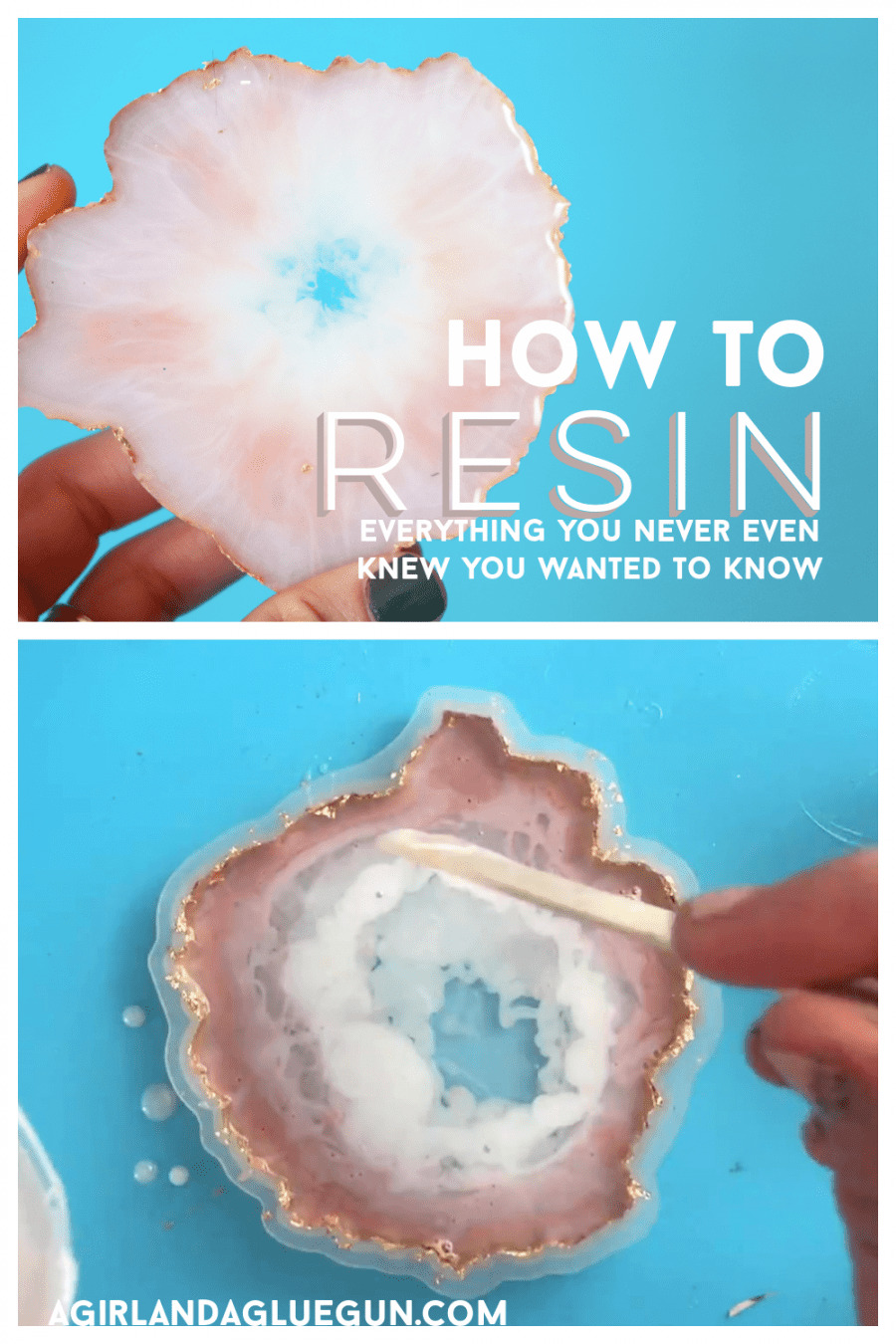
Epoxy resin glue is known for its strength and durability, making it an ideal choice for many different applications. To make epoxy resin glue, mix together equal parts of epoxy resin and hardener. Once the two substances are combined, they will begin to harden and form a strong bond. Apply the mixture to the surface that you wish to glue together and allow it to dry. Epoxy resin glue is very strong and can be used for a variety of different projects.
How can I make epoxy glue at home?
To make epoxy glue at home, you will need to mix equal parts of epoxy resin and hardener. Once the two ingredients are mixed together, you will need to apply the glue to the surface that you want to bond. Epoxy glue sets quickly, so you will need to work quickly to align the pieces that you are bonding. Once the glue has set, it will create a strong and durable bond.
How do you make epoxy?
To make epoxy, you will need a two-part resin and a hardener. You will mix these together in equal parts, then apply it to the surface you wish to glue. Epoxy is a very strong glue, so it is great for projects that require a lot of strength, such as repairing broken ceramic.
Can you mix epoxy and cement?
Yes, you can mix epoxy and cement. This will create a strong, durable bond that can be used for a variety of applications. The two materials will work together to create a strong bond that will resist breaks and cracks.
Can I use epoxy glue?
Epoxy glue can be used on a variety of materials, including metal, glass, and plastic. It is important to read the instructions on the glue carefully before use, as it can be toxic if used incorrectly.
How does epoxy adhesive work
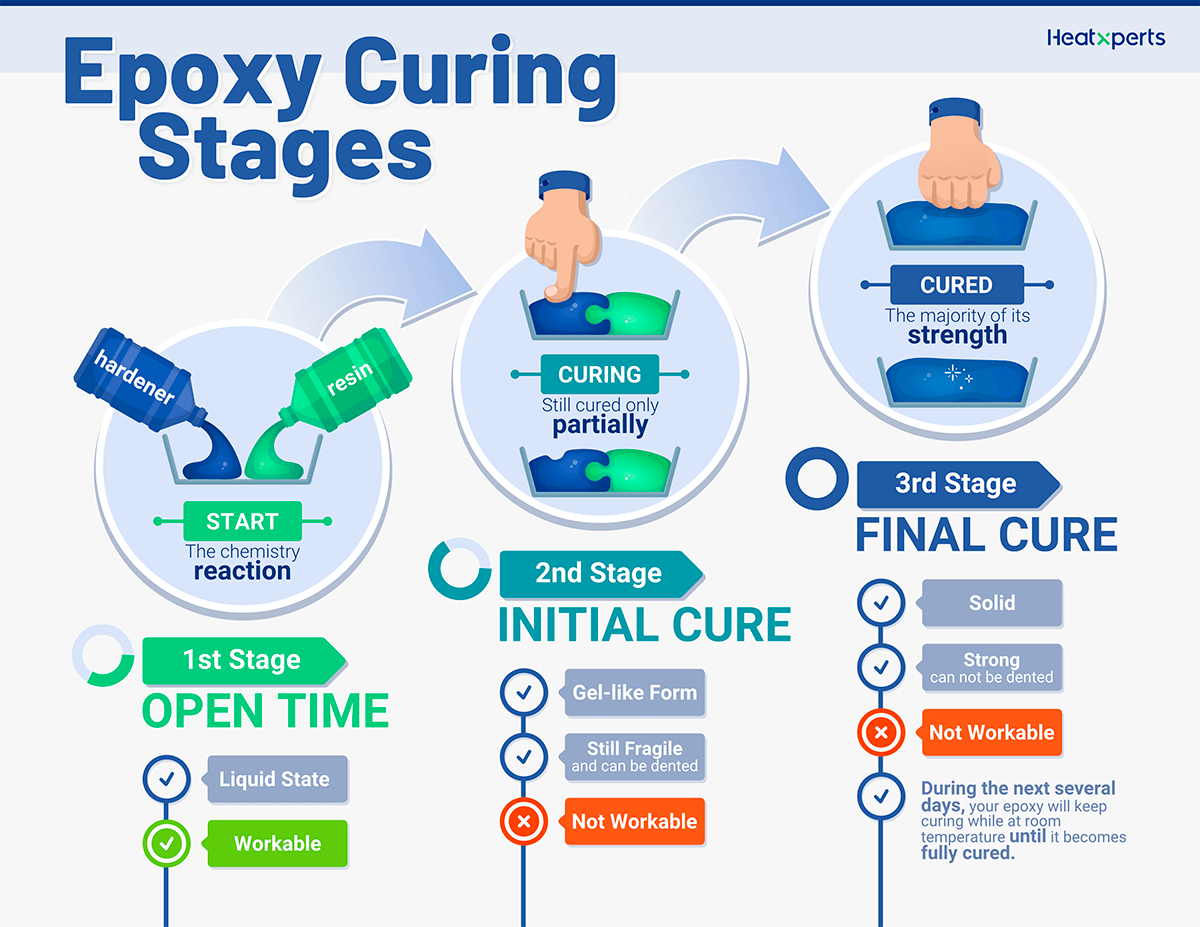
When these two parts are mixed together, they create a chemical reaction that causes the adhesive to harden. The hardening process is what makes epoxy adhesive so strong and durable. Epoxy adhesive can be used on a variety of materials, including metal, glass, and plastic. It is also resistant to heat and chemicals, which makes it ideal for use in many different industries. The strength of epoxy adhesive is determined by the ratio of resin to hardener that is used.
The higher the ratio of resin to hardener, the stronger the adhesive will be. However, it is important to note that too much resin can make the adhesive too brittle, while too much hardener can make it too soft. Epoxy adhesive is typically applied in two steps. First, the two parts of the adhesive are mixed together until they are evenly combined. Next, the mixture is applied to the surface that needs to be bonded. The adhesive will then need to cure, or harden, before it is fully effective. Epoxy adhesive is an incredibly versatile and strong adhesive that can be used in a variety of applications. It is important to understand the basics of how it works in order to get the best results when using it.
What does epoxy adhesive do?
Epoxy adhesives can be found in a variety of hardware stores.
How permanent is epoxy glue?
Epoxy glue is permanent, but it can be removed with heat or chemicals.
How is epoxy adhesive applied?
Epoxy adhesives are applied in much the same way as other resins. A small amount of the adhesive is placed on one surface, and then the two surfaces are pressed together. The adhesive will set in a few minutes, and the bond will be quite strong. There are some things to keep in mind when using epoxy adhesives, though. First, the surfaces need to be clean and free of any grease or oil, or the adhesive will not adhere properly.
Second, epoxy adhesives bond best to smooth surfaces. Rough surfaces can be sanded down to provide a better bonding surface. If you’re working with a large area, it’s best to apply the adhesive in smaller sections, so that it doesn’t set before you have a chance to press the two surfaces together. Epoxy adhesives can also be used to fill cracks or gaps in surfaces. Just apply the adhesive to the crack and then press the surfaces together.
Is epoxy glue permanent?
Epoxy glue is not water-soluble, so it is ideal for outdoor applications.
How does epoxy work chemically?
The hardener reacts with the resin to create a strong bond. The bond created by epoxy is very strong and is resistant to heat, chemicals, and water. Epoxy can be used to bond metal, glass, wood, and plastic.
What are the disadvantages of epoxy?
There are some disadvantages to using this type of glue. One downside to epoxy resin glue is that it takes longer to set than other types of glue. This means that you have to wait longer for the adhesive to dry before you can use the item that you are repairing. Another disadvantage of epoxy resin glue is that it is not as flexible as other types of glue. This means that it is not as forgiving if you make a mistake while applying it.
Once epoxy resin glue dries, it is also very difficult to remove. This can be a problem if you need to make a repair in the future. Finally, epoxy resin glue is more expensive than other types of glue. This is because it is a more specialized product.
How long does it take for epoxy adhesive to set?
Epoxy adhesives are known for their strong bond strength and quick set time. However, how long it takes for an epoxy adhesive to set can vary depending on the specific product. For instance, some epoxy adhesives can set in as little as 5 minutes, while others may take up to 24 hours. In general, the set time is dependent on the cure time of the adhesive, which is determined by the chemical reaction between the two parts of the epoxy. When choosing an epoxy adhesive, it is important to consider the set time in order to ensure that it will meet your needs.
Does epoxy adhesive dry hard?
Epoxy adhesives are known for their strong bonding properties and their ability to form a hard, durable bond. When used properly, epoxy adhesives can provide a very strong bond that is resistant to many different types of forces. However, it is important to note that epoxy adhesives do not always dry hard. In some cases, they can remain somewhat soft and pliable after they have dried.
